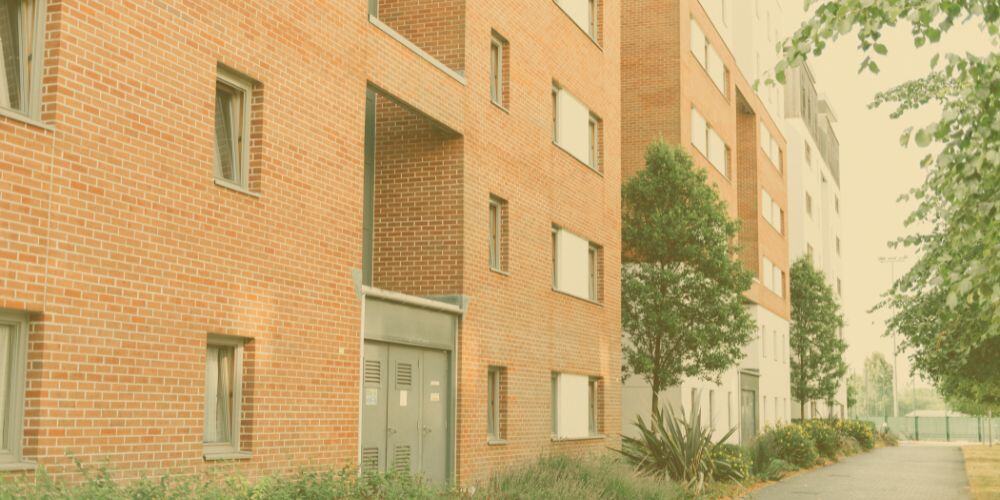Renters’ Rights Bill – A Brief Summary of the Proposed Changes

September 13, 2024

Keir Starmer’s Labour has put forward their version of the Renters’ Reform Bill, calling it the “Renters’ Rights Bill.” According to Housing Minister Matthew Pennycook, the bill aims to “decisively level the playing field between landlords and tenants.” Landlords have expressed concerns with the proposed changes in the past, fearing that the changes would ultimately favour tenants. However, the Housing Minister has tried to ease concerns, noting that “good landlords have nothing to fear.”
This article provides a brief overview of some of the proposed changes.
Abolishing Section 21 Evictions
Arguably the most impactful of the proposed changes is the removal of Section 21, commonly known as “no fault eviction.” This allows landlords to evict tenants without reason.
The aim of the change appears to be to provide tenants with greater stability and confidence that they can challenge unfair practices without the looming threat of being evicted for no reason.
In light of the proposed change, new grounds for eviction will be introduced, such as when the landlord needs to sell the property or when the landlord or a family member needs to move in. Tenants will be protected from this in the first 12 months of tenancy.
The change also includes simplifying the tenancy structure, meaning assured tenancies will be periodic, with protections from eviction provided to tenants in the first 12 months of tenancy.
Introduction of Decent Homes Standard
The Decent Homes Standard has already been applied to public housing, and the new legislation aims to introduce it into the private rented sector.
The goal is to ensure that rented properties are safe, habitable, and properly maintained. This will include requiring landlords to meet certain minimum safety and maintenance standards, tackling issues such as mould, damp, and structural hazards.
Failure to comply with the standards could result in serious penalties, such as a fine of up to £7,000, and there is potential for prosecution.
Rent Increases and Bidding Wars
The bill sets limitations on rent increases, capping them to once per year and to the market rate. This would prohibit landlords from implementing rents that are too high mid-tenancy, with the aim of preventing tenants from being priced out of their homes through excessive rent hikes.
Rental bidding wars would also be banned. Landlords and letting agents would be required to list properties with a set asking price and would ultimately be prohibited from asking for or accepting bids above that price.
This proposed change aims to prevent prospective tenants from being forced to compete for properties by offering more money. It has also been stated on the Government website that they would be “cracking down on those who make the most of the housing crisis by forcing tenants to bid for their properties.”
Extension of Awaab’s Law
The bill will extend the protections of Awaab’s Law to private rentals. This law sets legal deadlines for landlords to resolve serious health and safety hazards, such as mould and damp, within a certain period.
Awaab’s Law was initially implemented after a high-profile case involving a toddler’s death from exposure to mould. Its extension to private rentals aims to address poor housing conditions in the private rented sector.
Ending Discrimination Against Certain Tenants
Reducing discrimination in the rental market appears to be a key aspect of the bill. The proposed rules would prohibit landlords from imposing a blanket ban on renting to tenants who are on benefits or have children.
Private Rented Sector Database
The proposed database aims to offer tenants an avenue to verify whether landlords are compliant with regulations. The change aims to highlight landlords who demonstrate their adherence to the law, with the added benefit of enabling local authorities to target enforcement more efficiently.
The Right to Request Permission to Keep a Pet
Under the proposed legislation, tenants will have the right to request permission to keep a pet, and landlords will no longer be able to refuse such requests unreasonably. In light of this proposed change, the legislation also allows landlords to require tenants to take out pet insurance to cover any potential damages caused by pets.
Empowering Local Councils
The bill strengthens the powers of local councils, providing them with new investigatory and enforcement powers.
This includes the ability to issue fines and take legal action. This aspect is designed to ensure that landlords are held accountable and to protect tenants from exploitation.
Private Rented Sector Landlord Ombudsman
The bill also introduces a new Ombudsman service which would provide tenants with an alternative route to going to court when trying to resolve disputes with their landlord.
Conclusion
The proposed changes are, of course, at a very early stage, with the Commons having only just completed the first reading at the time of writing. Amendments are likely to be suggested, and we are a long way from a final version of the bill.



